Mike Eckhaus and Zoe Latta are keen advocates of authenticity. The duo’s bicoastal avant-garde brand brings its collections to life with the help of IRL friends and family, an ever-expanding community that includes everyone from Bushwick art kids to Chinatown senior citizens. Eckhaus Latta’s spring/summer 17 collection riffed on themes of ritual, movement, and connection, as does its consequent ad campaign. It shows real people having real sex. The diverse couples, both straight and queer, were shot by Korean-German photographer Heji Shin wearing Eckhaus Latta’s boxy knit sweaters, airy button-down shirts, printed leggings, and fresh denim, though slightly more disarranged than they were on the runway. The campaign plays on the idea that sex sells while presenting a sex-positive message to the brand’s young audience.
Heji’s starting point for the campaign was a German sex ed book she shot for teenagers in 2011. Her previous subjects had ranged from fashion models and Miley Cyrus to animals at the zoo, but she jumped at the opportunity to do something very different and very NSFW, yet very beautiful. The German-Korean photographer seems to share Eckhaus Latta’s belief that people are as important as products. That, and she simply likes a good challenge. i-D talked to Heji about adolescence, Craigslist casting calls, and why she doesn’t care if people see her work as tasteless.
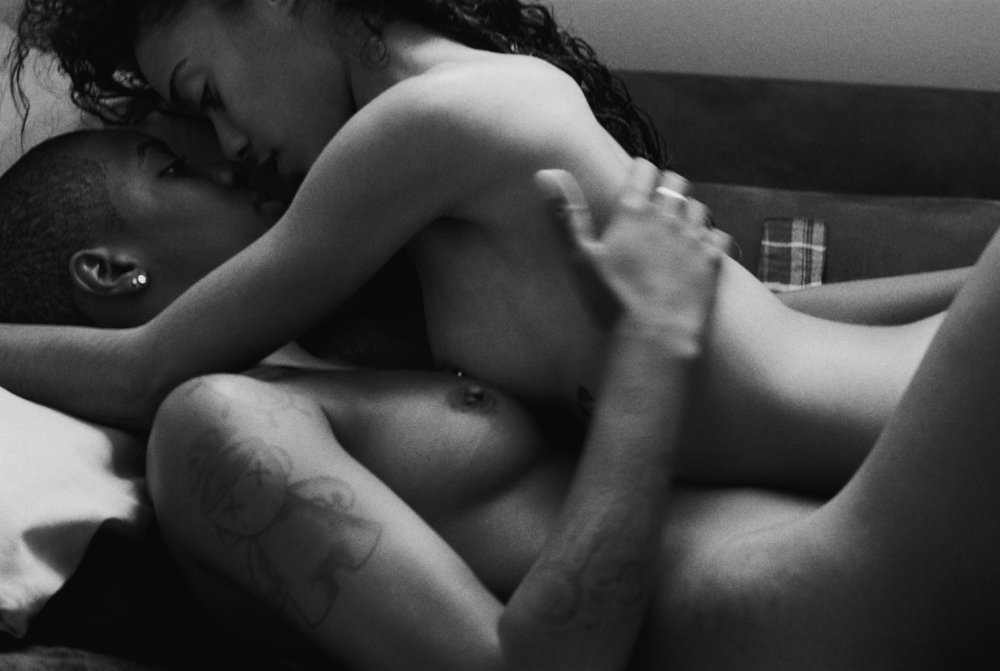
How did the idea of using real couples having sex arise?
The idea came from an existing work that I did years ago for a sex ed book in Germany. We were talking about the relationship between sexuality and fashion advertising and wanted to approach this issue in a different way. As fashion advertising mostly plays with sexuality, we wanted to show sex as natural and direct as it would be possible to in the context of an advertisement. The idea was really interesting because it can be interpreted in so many different ways, if you want critically, ironically, or just as voyeuristic. When we had the idea, we didn’t even know if it was feasible, so we almost started with an experiment.
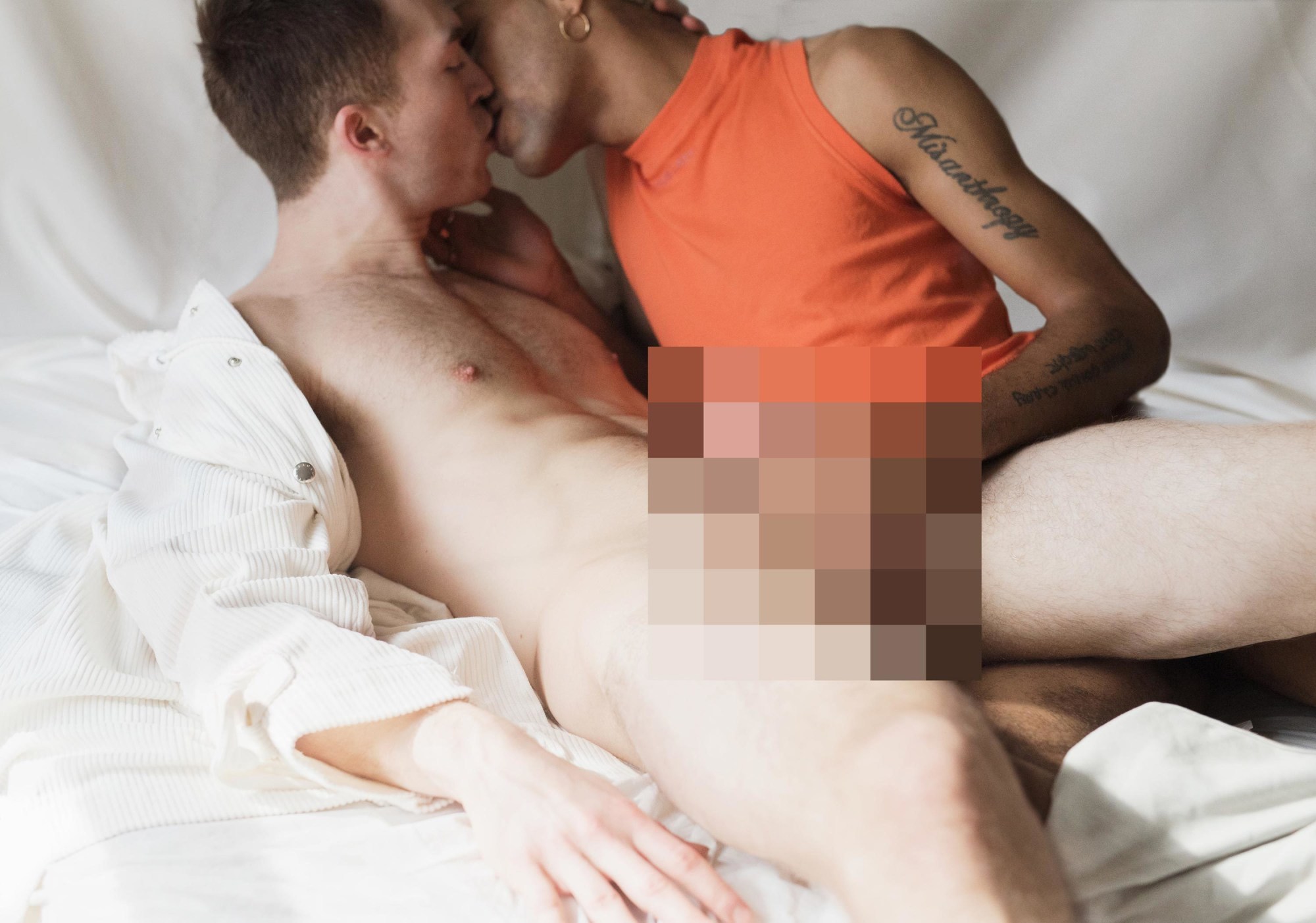
How did you go about casting the campaign? Was it very difficult to find models?
Sam Muglia, a friend of Mike and Zoe, did the casting. One couple we found over Craigslist. Once we started with looking for models it was relatively easy.
How did you approach styling the spring/summer 17 collection? The knitted jumpers look quite hot!
As it had to be as natural as possible, I didn’t bother to try different [clothing] combinations within one shoot. The models are not professionals, and it was also very exciting for them. In the end it was more important that the couples felt comfortable and to not interrupt them unnecessarily. In many cases the models chose what they wanted to wear.
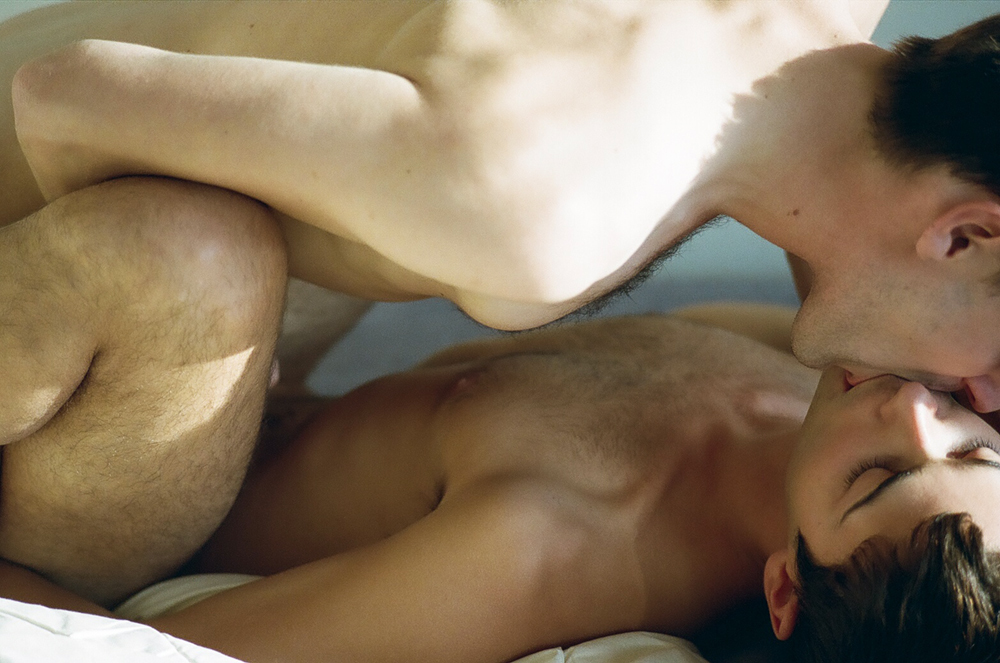
How does your traditional fashion work compare to shooting these more bold projects?
Projects like the book are much more of an experience and experiment. The outcome is important, but the process is more exciting. Traditional fashion work has the professional aspect where you can use the infrastructure of the industry. Also, fashion is much more team-focused, which I really like. So to shoot the Eckhaus Latta campaign was great because it had both aspects.
What first intrigued you about photographing a sex ed book for teenagers?
It was a challenge when I was asked. Back then I didn’t expect anything, and in the context of a sex ed book, I felt it was a cool project. What made most sense to me was that I wanted to show consensual sex in as many different ways as possible. But the experience of doing the photos was the most interesting part of it all.
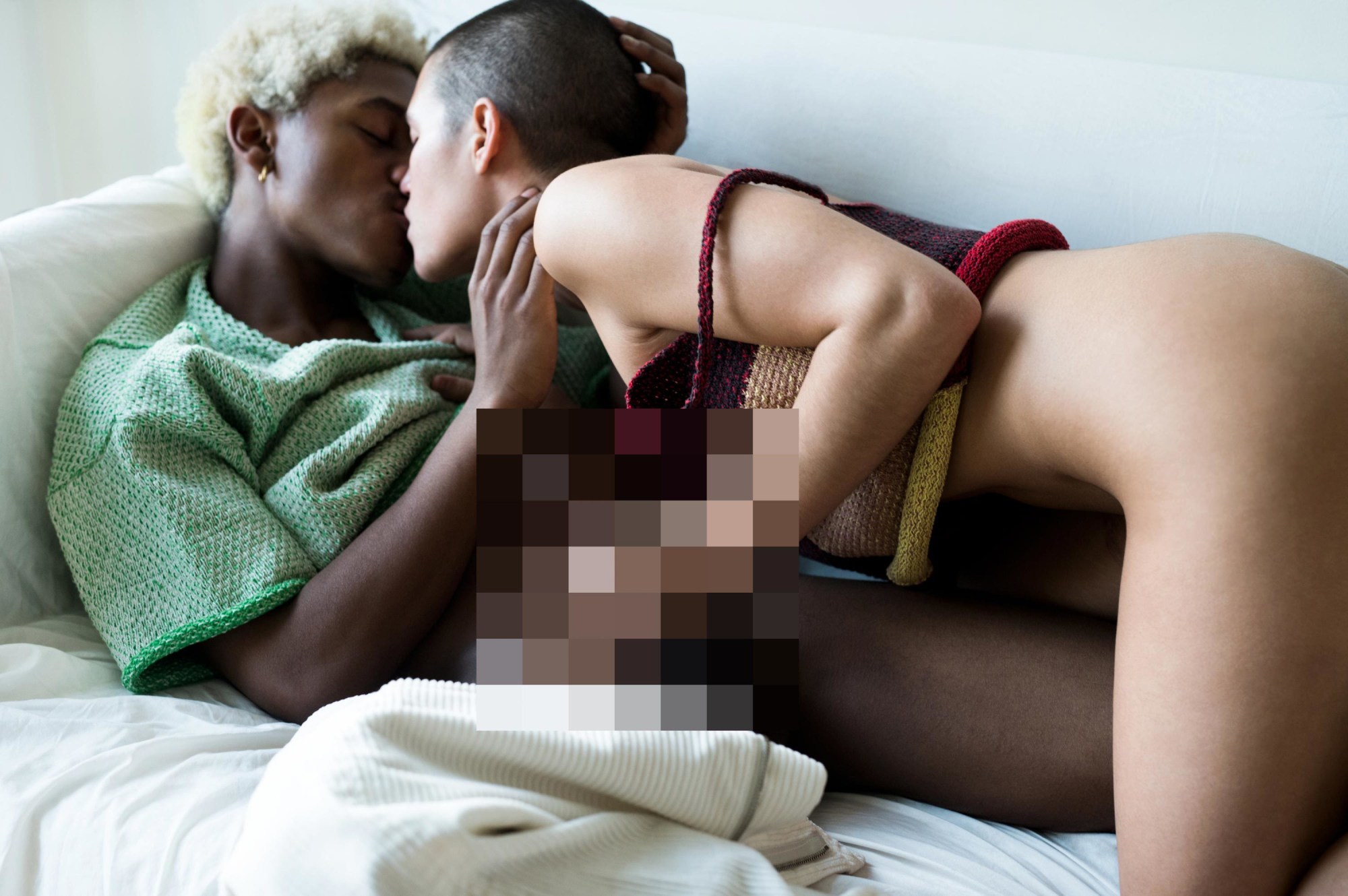
Why is sex positivity so important for young people?
I don’t know, but of course it is great if people don’t feel too repressed and feel positive about sex in general. As Mike and Zoe said, adolescence is a time for orientation, especially when it comes to sex. For young people, sex can be confusing. You can encounter individualized freedom of expression, especially online, and puritanical approaches to sex.
How was the sex ed book regarded by teenagers?
It´s a while ago, but I remember parents telling me that the books kept disappearing in their homes although their kids didn’t seem very interested in it in the first place.
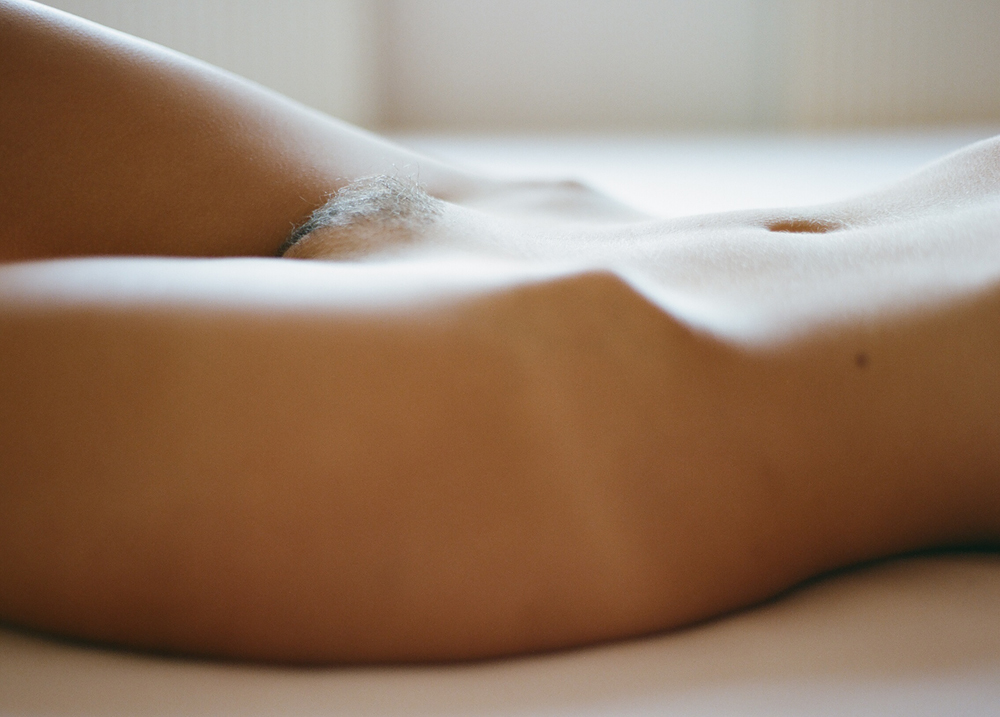
What impact do you hope these sex-positive projects might have on young people?
I don’t have any agenda with these projects. If these projects are received sex-positive I am totally for it. I have seen a lot of negative critiques online regarding the Eckhaus Latta campaign, but if people find it morally wrong and tasteless, that is good too. There are no expectations and hopes towards people “how” they should see it.
How do you remember your own adolescent years and what impact did this period in your life have on your later work?
My teenage years were very free and rebellious. I was hanging out with older guys and trying to get out of school as fast as possible. After school I didn’t do anything for years and then I changed my mind and I wanted to go to school again to study something. I think these years have influenced my work in terms of that I try to keep things as open as possible.
